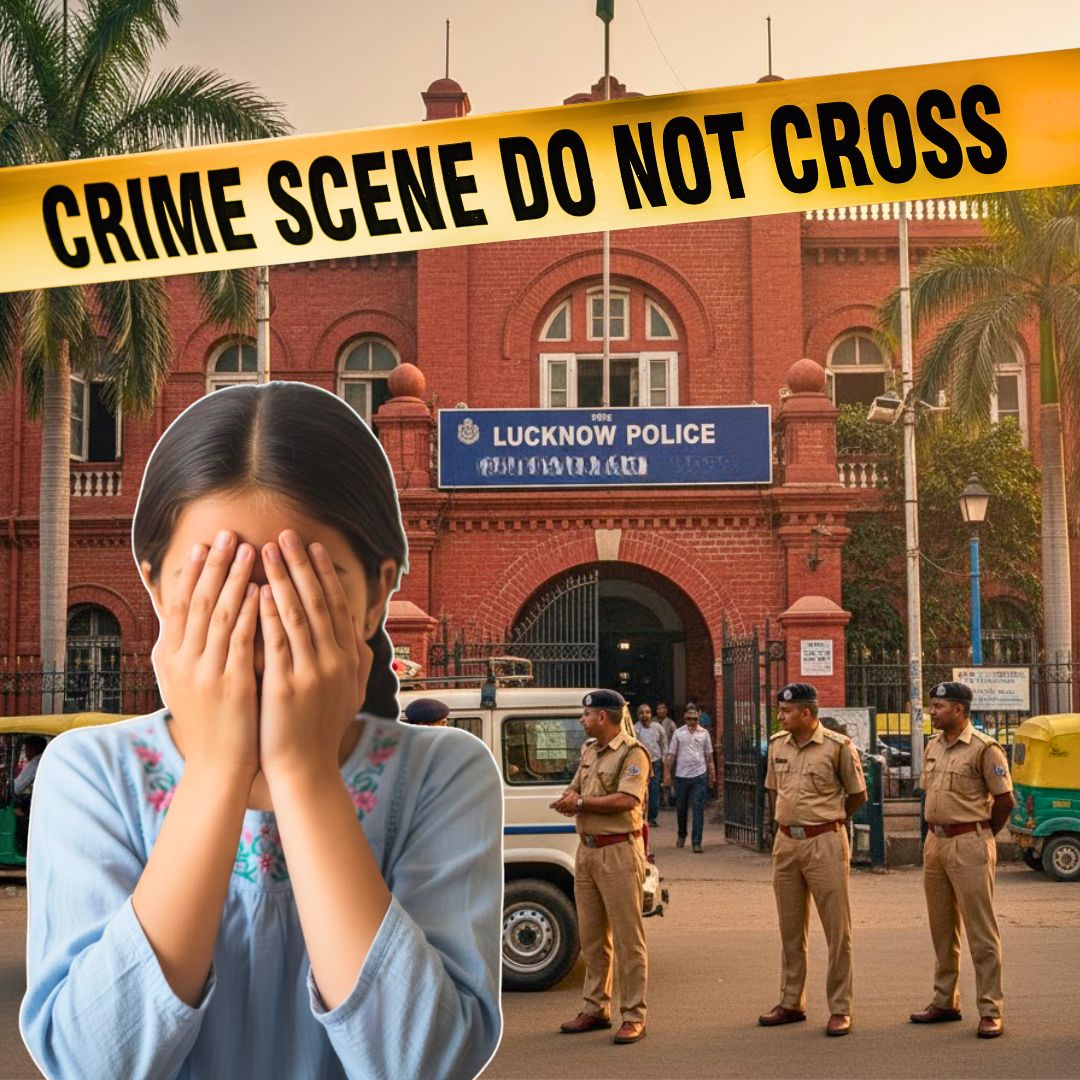A 16-year-old Dalit Class 11 student was gang-raped by five men in Lucknow’s Banthara area on October 11, 2025. Two of the accused have been arrested while three remain at large. The assault occurred near a mango orchard after the victims were stopped near a petrol pump.
Police have registered cases under the Bharatiya Nyaya Sanhita, POCSO Act, and SC/ST (Prevention of Atrocities) Act, and assured swift justice. Activists and officials have voiced outrage and called for stronger protective measures for Dalit women and children, highlighting the urgent need for systemic reforms in social attitudes and law enforcement.
Incident Details and Official Response
The teenager was travelling with a male acquaintance to visit her sister when they were stopped by five men near a petrol pump in the Banthara locality of Lucknow. The men assaulted her companion, forcing him to flee before they brutally gang-raped the girl near a nearby mango orchard.
The police were notified immediately, and two suspects-Meraj (20) and Lalit Kashyap (33)-have been arrested, with the hunt ongoing for the other three accused. One suspect sustained a leg injury in a police encounter during the arrest. The police have seized a motorcycle, pistol, and ammunition allegedly belonging to the culprits.
Vikash Kumar Pandey, Assistant Commissioner of Police, emphasised that the case is being investigated rapidly, and the survivor is receiving medical care, counselling, and legal aid. Deputy Commissioner of Police (South Zone) Nipun Agarwal condemned the incident, urging tighter safety protocols and swift punishment.
Legal Framework and Caste-Gender Violence Context
This case is being addressed under multiple laws, including the Protection of Children from Sexual Offences (POCSO) Act, the SC/ST (Prevention of Atrocities) Act, and the Indian Penal Code. These legal instruments seek to provide special protection to vulnerable groups such as minors and Scheduled Castes, but implementation challenges persist.
The Uttar Pradesh government faces pressure to improve policing standards, expedite trials, and enforce zero tolerance for crimes targeting marginalized women. This incident echoes the 2020 Hathras case, which horrified the nation and spotlighted the persistent dangers Dalit women face due to overlapping structures of caste discrimination and patriarchy.
The National Crime Records Bureau reports a rising trend in crimes against Dalits, especially in gender-based violence, underscoring systemic social inequalities and law enforcement gaps.
Socio-Cultural Challenges and Community Impact
Sexual violence against Dalit women is often linked to assertions of caste dominance and systemic oppression, where perpetrators exploit social hierarchies to intimidate and control. Survivors frequently encounter stigma and bureaucratic hurdles in accessing justice and support, deepening their trauma.
Activists stress that addressing these crimes requires a holistic approach: legal reform alone is insufficient without community education, awareness campaigns, and sensitisation of police and judiciary officials. Social attitudes that normalise caste-based violence must be confronted through sustained dialogue in schools, workplaces, and local governance.
The Banthara incident has reignited debates about the protection of vulnerable communities and the urgent need to dismantle entrenched discrimination through inclusion and empowerment.
The Logical Indian’s Perspective
This brutal crime is a painful reflection of broader systemic failures that perpetuate inequality and injustice in India. It demands not only legal accountability but collective societal introspection and proactive measures grounded in empathy and respect for human dignity.
The Logical Indian stands firmly against any form of violence and discrimination, advocating for peaceful coexistence, justice, and shared humanity.
While outrage is a necessary first response, transforming it into meaningful action requires community involvement, reform in law enforcement, and educational initiatives that promote equality and safety.











